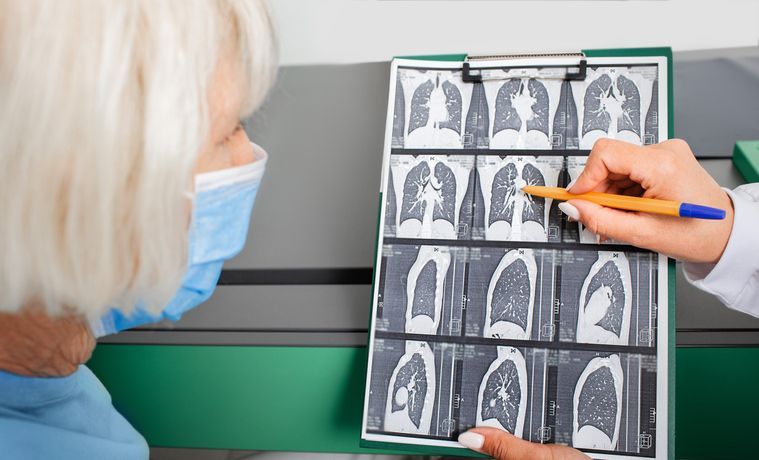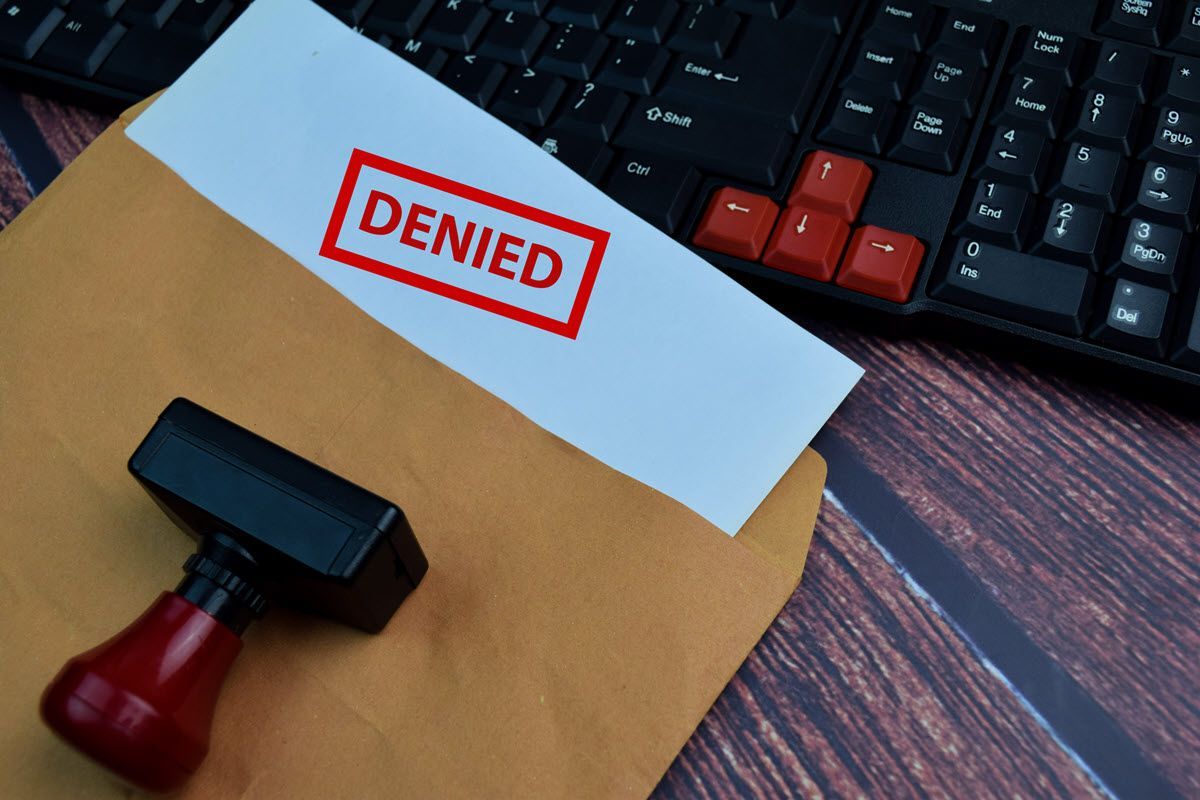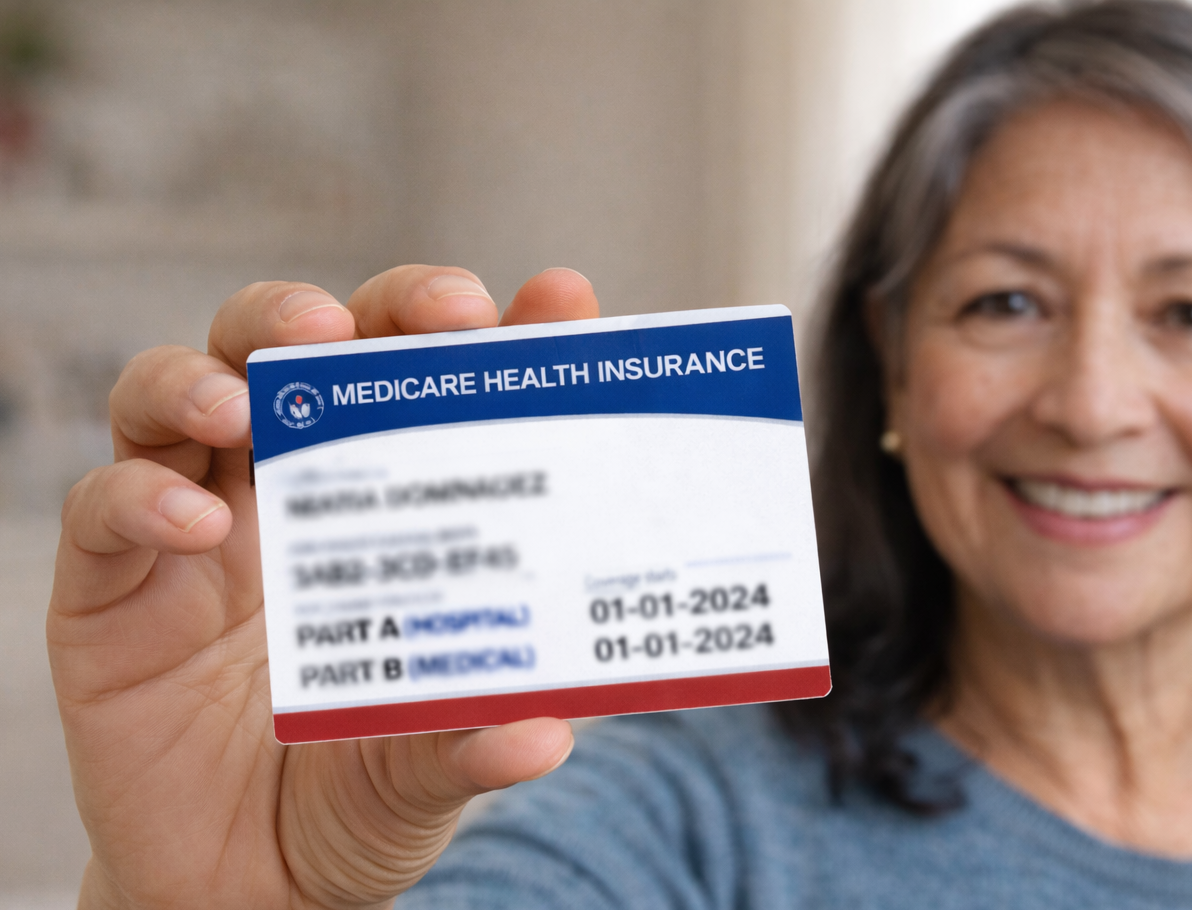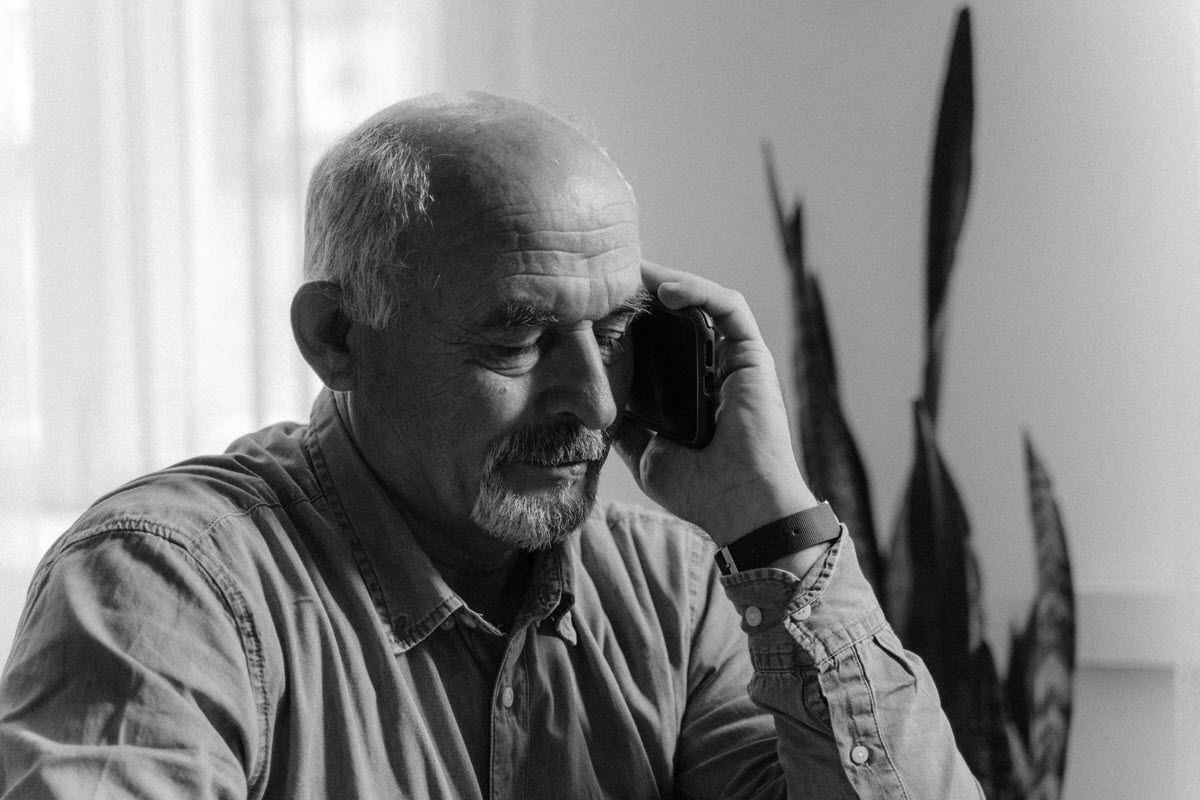
Lung Cancer Screening
Every November, the Great American Smokeout inspires people across the country to take a brave and difficult step — to quit smoking or help a loved one do the same. For older adults and their families, it’s also a great time to talk about lifesaving opportunities with lung cancer screening. Together, these two steps — screening and quitting — can make a big difference in your long-term health and peace of mind.
Why screening and quitting both matter
Lung cancer remains one of the deadliest cancers in the U.S. More people die from lung cancer than from breast, prostate, and colon cancers combined. One crucial factor is that many lung cancers are discovered only after they have spread to other systems, when treatment is less effective. When lung cancer is found earlier, before symptoms appear, it’s easier to treat and outcomes are better.
Screenings use a low-dose CT scan — a quick, painless test that creates detailed images of your lungs. It’s much more sensitive than an X-ray, which means doctors can spot changes early on. That early detection can be life-saving.
As everybody knows, smoking is the leading preventable cause of lung cancer. Quitting smoking at any age is one of the best things you can do for your health. Whether you’ve smoked for five years or fifty, quitting still offers gains. Your body starts healing almost immediately after you stop. Your breathing improves, your circulation gets better, and your risk of heart disease and cancer begins to drop.
Medicare Coverage for Lung Cancer Screening
Under Medicare Part B (and Medicare Advantage plans), lung cancer screenings are covered as a preventive service for certain high-risk individuals. See the full coverage details on Medicare.gov.
Here’s a simplified breakdown of eligibility:
- Age 50–77 with no active symptoms of lung cancer
- Current smoker or quit within the past 15 years
- History of at least 20 “pack-years” (for example, smoking 1 pack per day for 20 years or equivalent)
- You get an order from your provider
- One scan covered per year when you meet the criteria
Before your first screening, your provider will schedule a short counseling visit to discuss the benefits and risks of screening and help you decide if it’s right for you. The screening is fully covered if you meet all of the criteria and if your provider accepts Medicare.
Despite this coverage, screening rates remain quite low. A 2022 map-based study showed that only about 18% of eligible U.S. individuals were up to date with screening. So if you are a daily smoker, or have a loved one who may meet the Medicare criteria, let November be the month you schedule a screening!
Help for Quitting Tobacco
If you’ve ever tried to quit smoking, you know it’s not easy — but you don’t have to do it alone. Medicare provides free counseling and support to help you succeed.
Learn more about Medicare coverage for tobacco counseling.
Here’s what’s included:
- Up to
8 counseling sessions every year to help you quit and stay smoke-free.
- Sessions can be one-on-one or in a group, and they’re covered in full when your provider accepts Medicare.
- Many Medicare drug plans (Part D) also cover prescription medications that help with quitting, such as pills or nicotine replacement products prescribed by your doctor.
These services are designed to meet you where you are. Whether you’re ready to quit now or just thinking about it, talking with your provider is the first step.
Why this matters for you — and your loved ones
For many older adults, smoking started long before anyone talked about health warnings or nicotine addiction. It’s important to remember: quitting now is not too late. If you’ve already quit, staying tobacco-free is something to be proud of — and getting screened each year is a smart way to further protect your health. And if you’re helping a loved one who still smokes, compassion and gentle encouragement often go further than pressure or guilt.
Take action this November
- Talk to your doctor about whether you qualify for lung cancer screening.
- Ask about Medicare’s free quit-smoking counseling — even if you’ve tried before, support can make all the difference.
- Mark your calendar for November 21, the Great American Smokeout. It’s the perfect day to make a change, set an intention, or support someone who’s trying.
- Keep going — quitting or staying quit often takes more than one try, and that’s okay. Every step counts toward a healthier, longer life.
With free tobacco cessation counseling and annual lung cancer screenings for those at higher risk, Medicare can help you take charge of your lung health. Taking the next step — whether it’s scheduling a screening, having a talk with your doctor, or making this the year you quit — is just one more way to invest in yourself and the people who love you.









